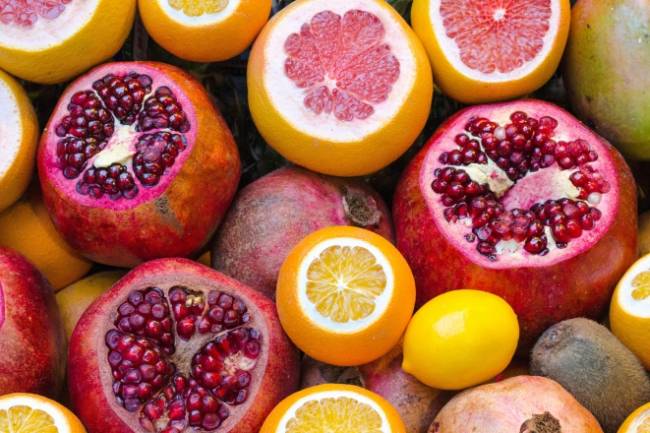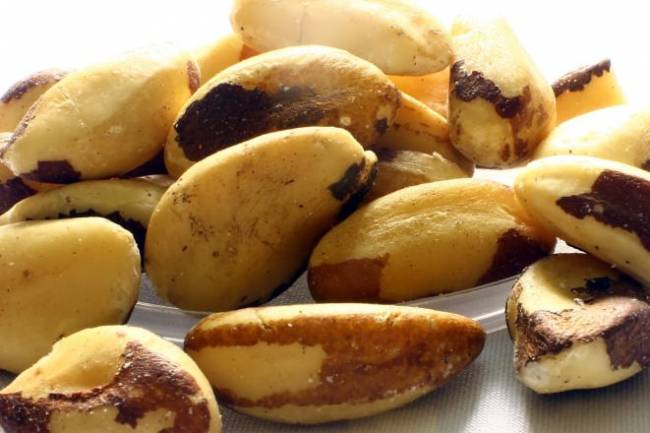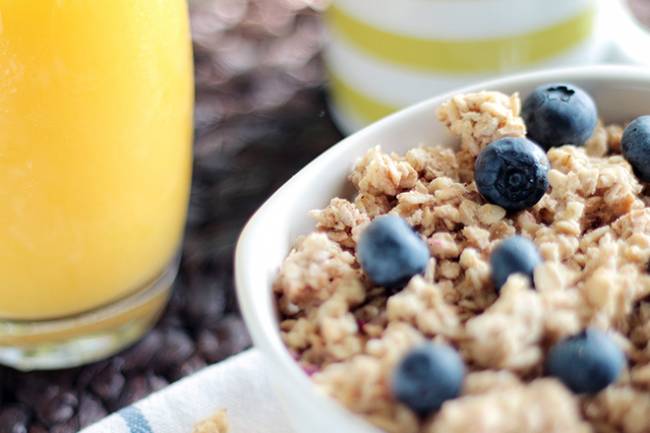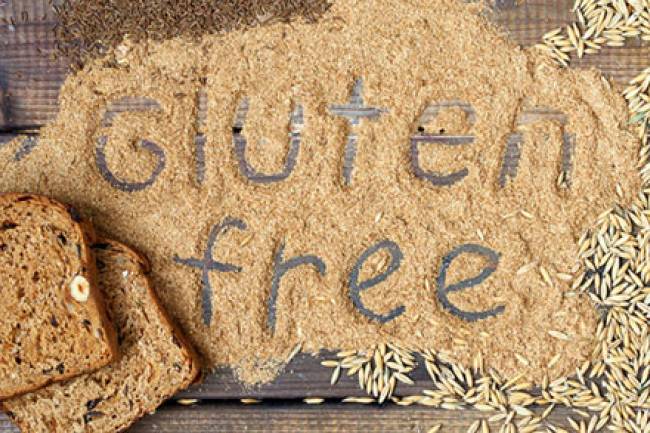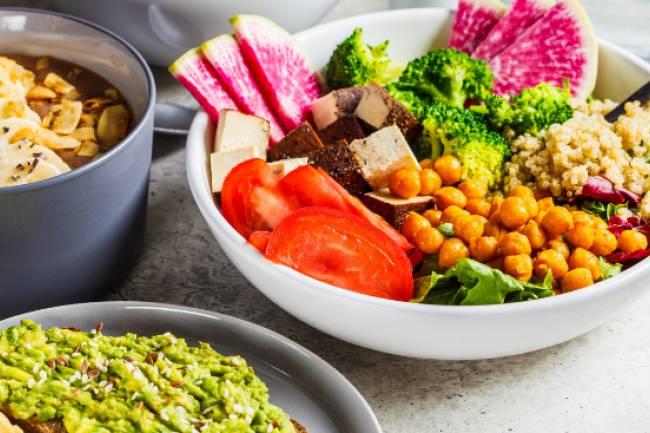Health Benefits of Collagen
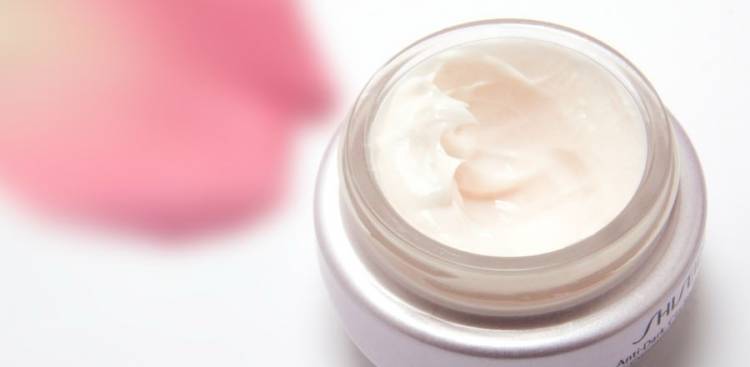
Collagen is a remarkable protein that has long been used to combat the physical signs of ageing, from wrinkles to joint pain. It has become a key ingredient in many anti-ageing products that claim to help rebuild collagen from within, but what are the true benefits of collagen?
What is Collagen?
The term collagen derives from the Greek words Kola (glue) and Gennaro (produce), which loosely translates as ‘producer of glue’ and reflects collagen's integral role in holding the body together. Collagen is a fibrous protein found in the connective tissues, which provides a supportive structure for the muscles, bones, and ligaments. In fact, collagen makes up one-third of all proteins produced in the body.
Collagen is naturally produced by the body but diminishes as we grow older. This can result in the appearance of wrinkles, brittle hair and stiff joints. After the age of 30, collagen starts to break down unless steps are taken to protect it.
Benefits of Collagen
It is believed that collagen plays an important role in maintaining the body, particularly with regards to age-dependent factors.
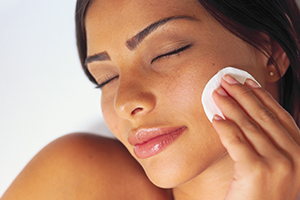 Skin
Skin
Collagen benefits the skin in several ways. It helps to fortify blood vessels and increases the delivery of blood, oxygen and nutrients to the skin. This, in turn, stimulates tissue formation and speeds up wound healing. Collagen and elastin are located in the dermal (middle) layer of the skin where they help to plump up cells for smoother, younger-looking skin.
Hair Growth
The root of each individual hair strand is surrounded by a sheath of collagen, which helps to deliver the nutrients needed for growth and repair. Because of this, collagen helps to increase the diameter of individual hairs and maintains strength, shine and growth.
Nail Growth
Nails are made up of proteins that can become brittle without the right supply of nutrients. Collagen supplements may help to make them stronger and more pliable.
Joint Function
Collagen maintains the fibrous and elastic structure of bones and joints and acts as a shock absorber. Supplementing with collagen may help to slow the deterioration of cartilage over time and keep joints intact and mobile.
Bone Mass
Collagen makes up 90% of bone mass. Taking collagen along with other important vitamins and minerals can help to improve bone metabolism and reduce the risk of bone-related conditions such as osteoporosis and osteomalacia.
Types of Collagen
There are 28 different types of collagen but the body needs only types 1, 2 and 3 (along with vitamin C) in order to produce all 28 types itself. Combined, types 1, 2 and 3 make up around 90% of the body’s collagen:
- Type 1 is found in the skin, bones, tendons and tissues between organs
- Type 2 is found in the cartilage along with hyaluronic acid
- Type 3 is found in the muscles, blood vessels and skin
In their natural state, collagen molecules are very large and tricky for the body to absorb. A hydrolysis process is used to break down the collagen into smaller molecular weight fragments and improve absorption.
What Damages Collagen?
There are many dietary and lifestyle factors that accelerate the breakdown of collagen, including:
High Sugar Consumption
There are many visible effects of sugar on the skin, particularly the appearance of fine lines and wrinkles. Sugar accelerates the rate of glycation; a natural process in which sugar in the bloodstream attaches to proteins to form harmful molecules called advanced glycation end products (AGE’s).
Collagen and elastin are particularly vulnerable to this damage, which over time causes them to become dry and brittle. Glycation also converts type 3 collagen into type 1 collagen, which is more fragile.
Smoking
Smoking causes the blood vessels to constrict, including those that feed the outer layers of the skin. This means that the skin gets less oxygen and nutrients, which increases the appearance of wrinkles.
Sun Exposure
Sun exposure increases the production of AGE’s so protecting the skin against the sun’s rays is one of the most effective ways to combat ageing. Wear a broad spectrum SPF 30 sunscreen every day.
Insufficient Sleep
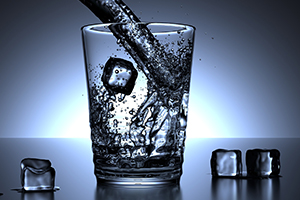 We’ve all noticed dark circles, puffy eyes and fine lines after a poor night’s sleep. During sleep, growth hormones peak to help the body rebuild tissues and cells, including collagen in the skin and muscles.
We’ve all noticed dark circles, puffy eyes and fine lines after a poor night’s sleep. During sleep, growth hormones peak to help the body rebuild tissues and cells, including collagen in the skin and muscles.
Dehydration
If the body is dehydrated, cells become deflated and collagen becomes stiff and brittle, resulting in the appearance of fine lines. Aim to consume at least 2 litres of water per day.
Sources of Collagen
In the past, our diets were rich in collagen, but many traditional dietary sources such as homemade bone broth, have now all but disappeared. Today, dietary sources of collagen are mainly in the form of fortified foods, powders and tablets. For gym-goers, these are also easy to add to smoothies, protein shakes or pancakes.
It is still possible to consume a diet rich in foods that help your body to manufacture collagen such as antioxidant-rich strawberries, cherries, apples, oranges and broccoli. Sources of protein, such as dairy, eggs and lean meats can also be beneficial, particularly those rich in the amino acids lysine and proline.
For cosmetics, collagen fillers can be injected directly into the depressions caused by wrinkles, the effects of which can last up to six months. Creams and lotions can also help to stimulate new collagen production and reduce the damage caused to existing collagen.
Side Effects of Collagen
Collagen, particularly from cosmetic fillers, can trigger an allergic reaction. If you notice signs of redness, itching and swelling after a treatment, consult your GP or a dermatologist. High intakes of collagen may also increase sensitivity to other food allergies.
When supplementing, take collagen at least 30 minutes before eating other proteins to improve absorption and reduce the risk of side effects. Collagen is normally sourced from animals so is often not vegetarian-friendly.
Shop for Collagen Supplements here
Sources:
http://journals.lww.com/greenjournal/abstract/1987/12000/a_study_of_the_decrease_of_skin_collagen_content,.6.aspx
http://onlinelibrary.wiley.com/doi/10.1111/j.1365-2133.1975.tb05113.x/full
http://www.tandfonline.com/doi/abs/10.1271/bbb.80649
https://www.karger.com/article/Abstract/351376
https://www.ncbi.nlm.nih.gov/pmc/articles/PMC3866733/
http://www.sciencedirect.com/science/article/pii/S0049017200568255

 Nicole
Nicole 
